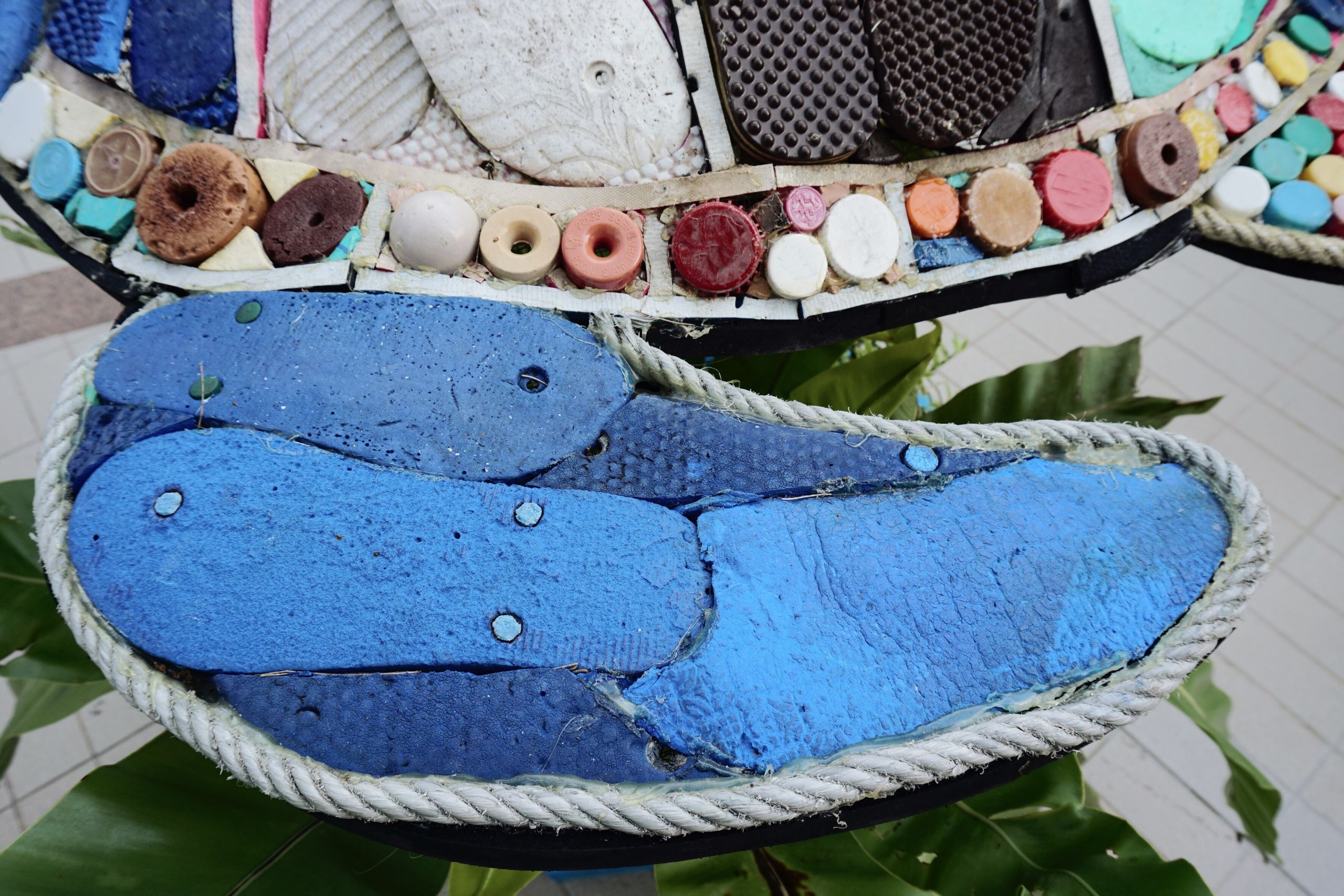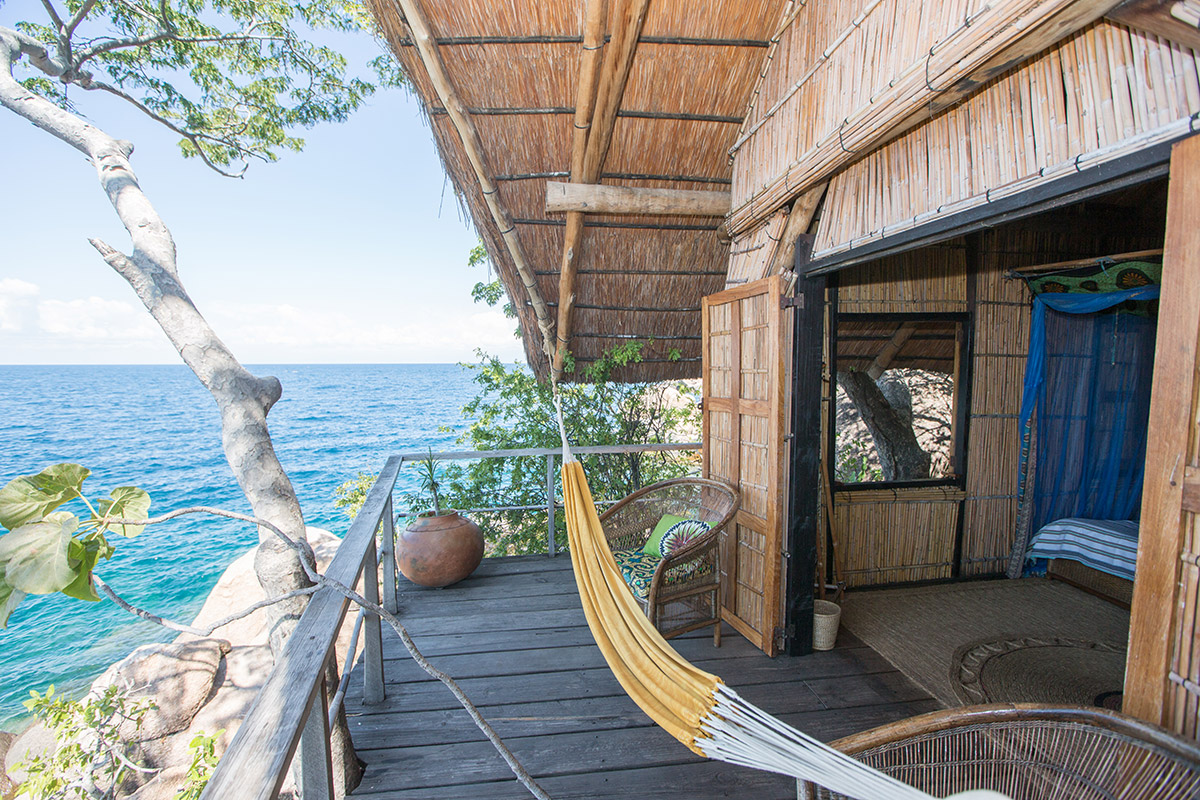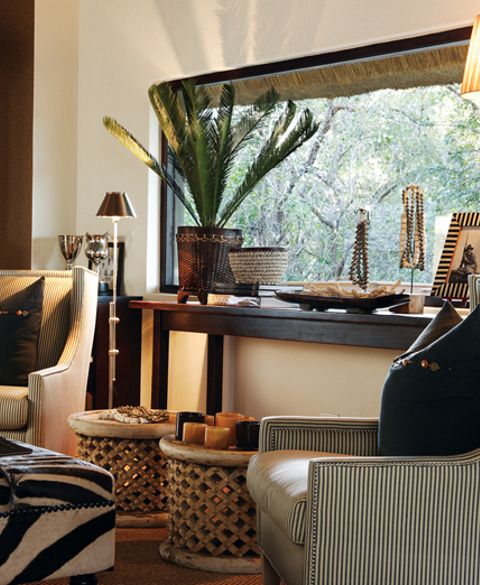Welcome to a journey through Africa’s most exciting sustainable lifestyle trends! As more people globally turn towards eco-friendly living, Africa is leading the way with innovative and sustainable practices that span art, travel, food, home decor, and clothing. Let’s delve into how this vibrant continent is setting trends that not only benefit the environment but also offer a unique blend of cultural richness and modernity.
Art Reviving Traditions with a Green Touch

In the realm of art, African artists are making waves with their sustainable approaches. From using recycled materials to create stunning sculptures and paintings to embracing traditional methods that leave a minimal carbon footprint, these artists are proving that sustainability can also be aesthetically pleasing. For example, in Kenya, artists are transforming flip-flops washed up on beaches into colourful animal sculptures, turning pollution into art. This not only cleans up the environment but also supports local economies.
Eco-Tourism Takes Centre Stage

When it comes to travel, Africa is a pioneer in eco-tourism, offering experiences that allow visitors to immerse themselves in nature while ensuring minimal environmental impact. Countries like Rwanda and Namibia are leading the charge, with eco-lodges and safaris that prioritize conservation and community involvement. Travelers can enjoy the breathtaking landscapes and wildlife of Africa, knowing their journey supports sustainable practices and contributes to the preservation of natural heritage.
Farm-to-Table and Beyond
Sustainable eating is another trend taking root across Africa. The farm-to-table movement is flourishing, with restaurants and households opting for locally sourced, organic produce. This not only reduces carbon emissions associated with transportation but also supports local farmers and promotes healthier eating habits. In cities like Cape Town and Lagos, chefs are innovating with indigenous ingredients, creating dishes that are both delicious and eco-friendly.
Sustainable and Stylish Decor

African home decor is experiencing a renaissance with sustainability at its core. Designers are merging traditional techniques with eco-friendly materials to create stunning yet sustainable pieces. From furniture made of reclaimed wood to home accessories crafted from natural fibres, these pieces add a touch of African heritage to any space while being kind to the planet. This trend is not only about aesthetics but also about promoting sustainable living practices that can be passed down through generations.
Fashion with a Conscience

The African fashion industry is embracing sustainability, with designers focusing on ethical production and sustainable materials. From organic cotton to recycled fabrics, the continent’s fashion scene is buzzing with initiatives that aim to reduce the environmental impact of clothing. Brands like Maki Oh in Nigeria and Studio 189 in Ghana are at the forefront of this movement, offering fashion-forward pieces that are both sustainable and steeped in African culture.
Trailblazers Leading the Way

This is just a few notable individuals in Africa who are making significant contributions to sustainability across various sectors:
- William Kamkwamba (Malawi): Known for his autobiography “The Boy Who Harnessed the Wind,” Kamkwamba built a wind turbine from scrap materials at a young age.
- Bethlehem Tilahun Alemu (Ethiopia): Founder of SoleRebels, a footwear company that uses recycled materials like old tires and organic fabrics to create stylish shoes.
- Arthur Zang (Cameroon): Inventor of the Cardiopad, a medical tablet that allows heart examinations to be performed remotely.
- Ameenah Gurib-Fakim (Mauritius): As a biodiversity scientist and the first female president of Mauritius, she has worked extensively on the sustainable use of medicinal and aromatic plants.
- Cyrus Kabiru (Kenya): An artist known for his “C-Stunners,” unique eyewear sculptures made from recycled materials.

Africa is not just following global sustainable living trends; it’s setting them. With a rich cultural heritage and a commitment to the environment, the continent is showing the world how to live sustainably without compromising on style or tradition.


